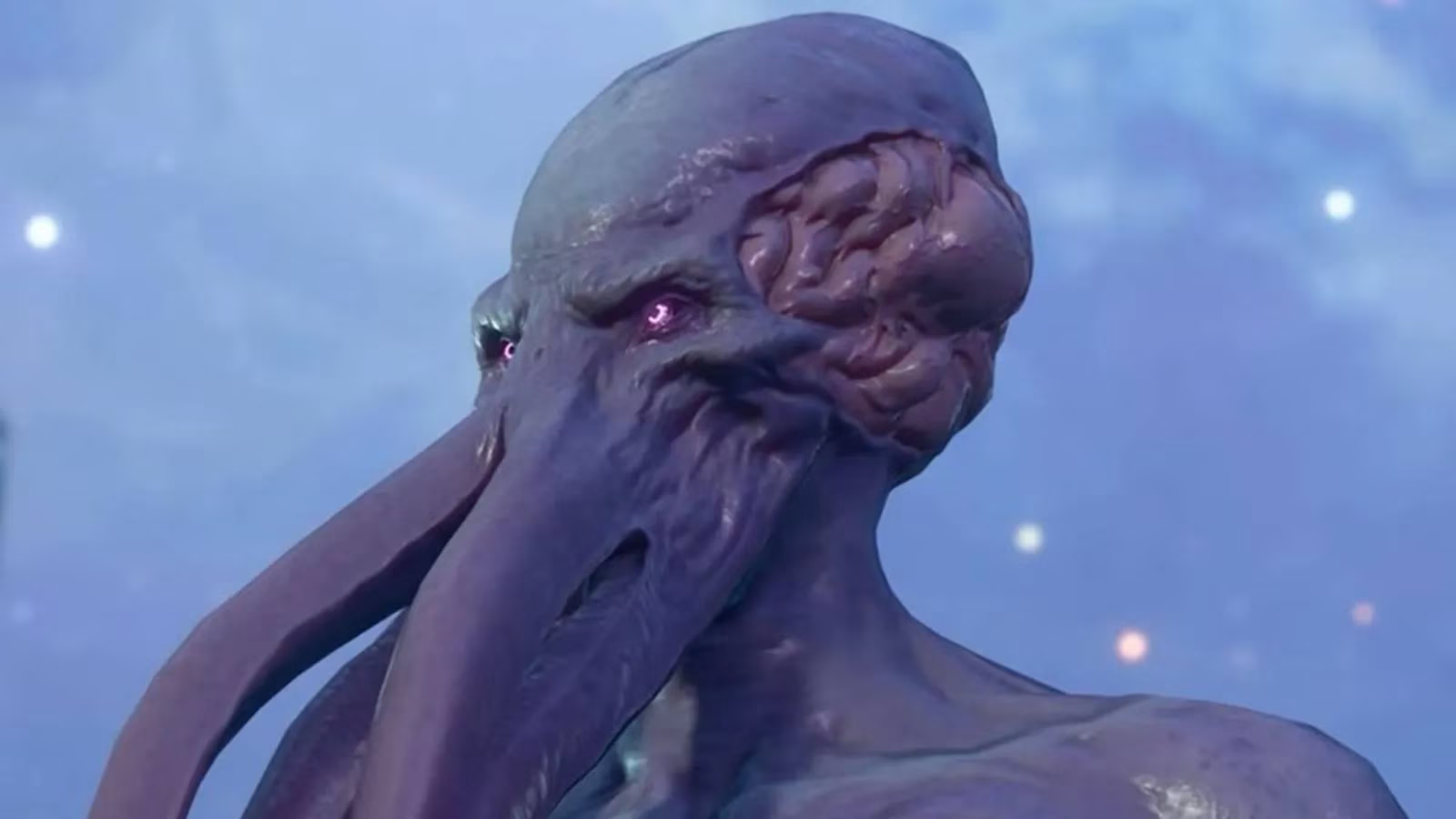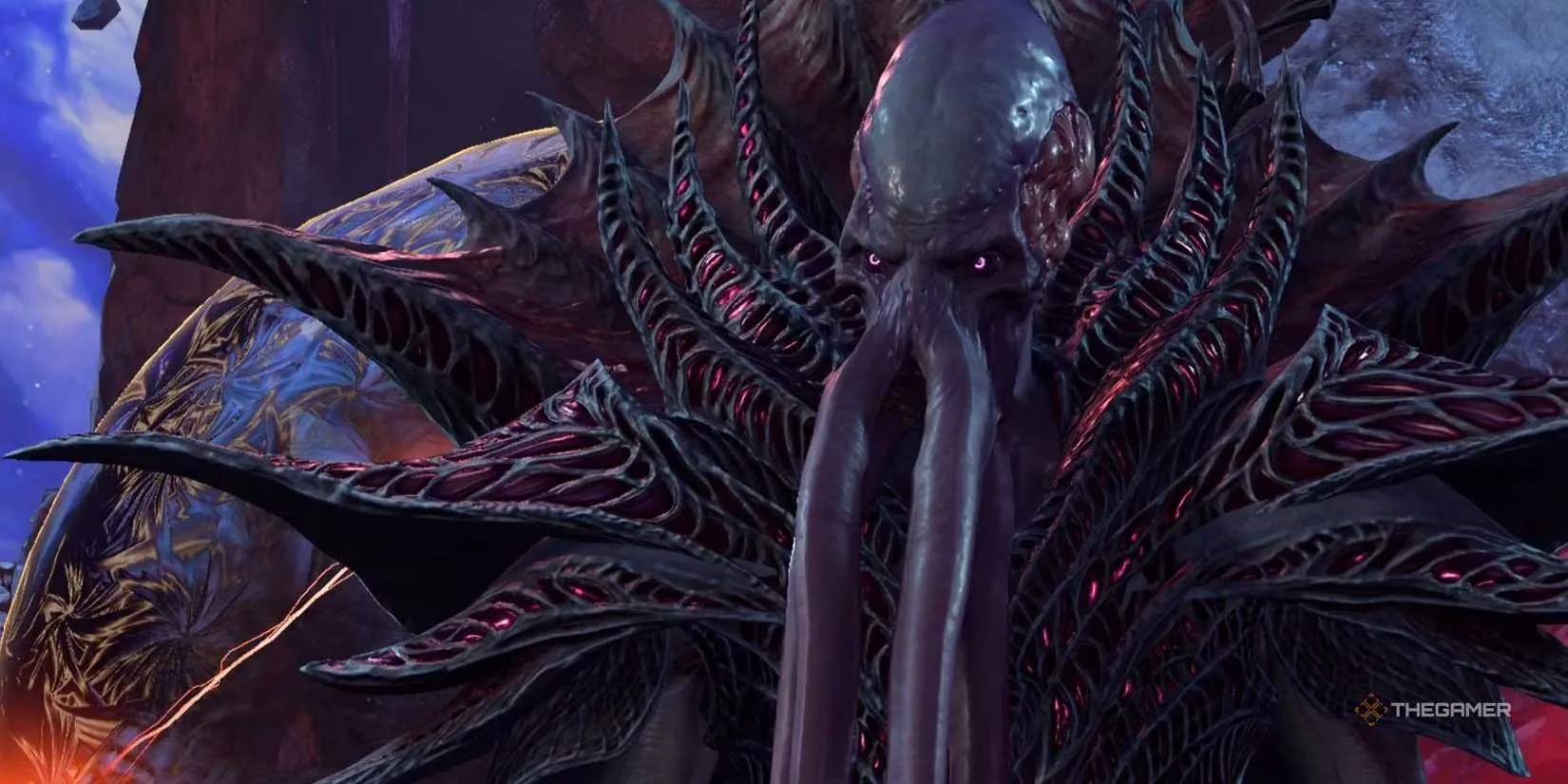The Emperor's Shadowed Past in Baldur's Gate 3
Discover the dark truth behind Baldur's Gate 3's enigmatic Emperor, a manipulative, power-hungry figure whose sinister deeds reveal a terrifying realm of betrayal and horror.
The Emperor stands as a figure wrapped in enigma, a guiding force for adventurers in Baldur's Gate 3, yet beneath that facade lies a truth far darker. For centuries, he has walked the realms, an ancient being whose name echoes the very title of the game itself, but his path is paved with deceit and hunger for power. Players first encounter him as a mysterious ally, offering wisdom and direction, but soon uncover that he is no benevolent mentor. Instead, he feeds on trust, manipulating those around him like pawns in a grand, selfish scheme. His existence has spanned eras, yet he has done little to uplift the common folk of Baldur's Gate, leaving the city to fester under his secretive rule. Oh, and he consumes people—a habit that rarely signals virtue.

Among his many transgressions, the manipulation of Duke Belynne Stelmane stands out as particularly heinous. 🧠 Using his illithid powers, the Emperor dominated her mind, turning her into a puppet for his ambitions. This wasn't just subtle influence; it was a brutal possession that stripped her of autonomy. When the Emperor abruptly severed their psychic link, it triggered a devastating stroke, paralyzing Stelmane in her prime. Wyll, known as the Blade of Frontiers, recalls the haunting change in her demeanor. "At the banquet, Stelmane didn't seem to look at us, but through us," he muses with a shiver. "That second time, her gaze never left me. It was steel, sharp and unyielding." The revelation that it was the Emperor's doing, not mere illness, ignites a fury in Wyll that burns hotter than any other emotion in the game. 🔥
If players confront the Emperor and force him to admit his role in Stelmane's downfall, Wyll's response is visceral. "Not a mere stroke as it turns out—but the scars of her possession," he spits out, his voice trembling with rage. "Gods, what I wouldn't give to drive a dagger through the Emperor's bulging head. We can never let it do to us what it did to Stelmane." This line, arguably his most aggressive, highlights a depth of hatred that eclipses even his long-standing torment at the hands of Mizora. 😤 Why such intensity? Perhaps it's the betrayal of a supposed protector, or the sheer helplessness of seeing a leader crippled by unseen forces.
To grasp the Emperor's character, consider his broader actions:
-
Manipulation as a core trait: He twists allies' trust to amass power, never for the greater good.
-
Feeding habits: Consuming sentient beings adds a layer of horror to his allure.
-
Legacy of neglect: Ruling Baldur's Gate from the shadows for decades, yet improving nothing for its inhabitants.

Wyll's scorching contempt is telling. 🤔 After all, Mizora has tormented him for years with contracts and curses, yet he reserves his fiercest ire for the Emperor. It speaks volumes about the impact of betrayal from someone who presented themselves as a savior. In a recent thread on Reddit, fans like Gay_Banana180 have dissected this dynamic, noting how Wyll's dialogue captures a raw, personal vendetta. The Emperor's actions ripple through the narrative, leaving adventurers to question every whispered promise. Could his centuries-long journey be driven by a void that power can't fill? Or is he simply a predator in a hero's guise? Players must navigate his web, wondering if redemption is possible or if he's forever bound to his shadowed ways. The story doesn't tie up neatly; instead, it invites reflection on morality and the cost of unchecked ambition in a world where monsters wear masks. 💀